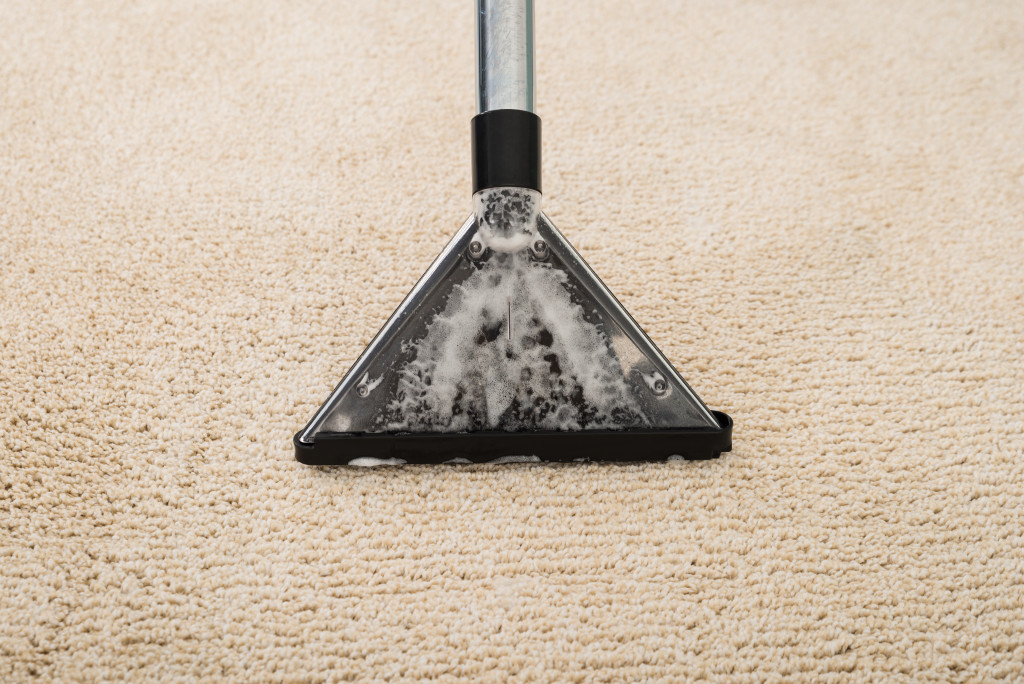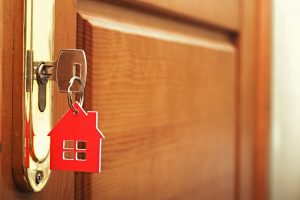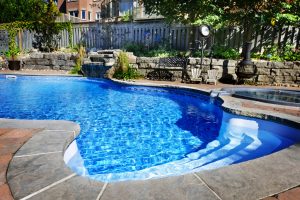It’s no secret that owning a rental property can be a lucrative investment. However, to make the most of your investment, it’s essential to keep your property well-maintained and managed.
With a few tips and a little elbow grease, you’ll be able to dodge common rental mistakes and keep your property in tip-top shape. Here are some of the most important things to remember as a landlord.
Routinely inspect your property
It’s usually best to do routine inspections on your property at least once every six months, but the frequency varies depending on how often you raise rent or change tenants.
While your property may be in tip-top shape when you first move in, the longer you wait to inspect it, the more likely tears and cracks will begin to show. Sleeping on minor wear and tear can turn into big problems, causing expensive replacements.
Furthermore, it’s wise to inspect before a tenant moves into the property. It will give you a better idea of what needs to be done—and make you more likely aware of the damage that you may not be able to see once the tenant moves in.
Check the roof
A home’s roof is one of its most essential fixtures, so it’s crucial to inspect it regularly. While most roofs will last between fifteen and twenty years, some can wear out much more quickly, depending on the age and materials.
If you don’t schedule routine roofing inspections, you risk a total overhaul which costs a significant amount down the drain. Check downspouts and gutters regularly, and schedule a repaint once a year.
While it may be tempting to put off these services because of their cost, you’ll save a lot of money by having a good roof in the long run.

Watch for foundation damage
Foundation problems are often caused by water, which can cause your property’s foundation to erode. If you aren’t aware of the situation, it may not be easy to save the house, significantly if the foundation is already compromised.
The best way to monitor your home’s foundation is to examine cracks that appear in the walls. If you see any damages forming, don’t ignore them. Have a professional inspect your property to determine whether concrete needs to be poured or if other repairs are necessary.
Improve ventilation and insulation
You might want to consider investing in ventilation and insulation after you’ve lived with your rental property for a while. Hiring an acoustics expert or industrial hygienist will help you determine how to improve air quality, especially if carpets or other materials release toxins.
Suppose your property is poorly ventilated. In that case, it would help if you could install energy-efficient windows to regulate airflow, thus reducing energy costs. However, if you want to focus on insulation, it’s best to hire a window contractor specializing in air tightness. Doing so will help prevent the loss of heated or cooled air that can cost you money over time.
Get rid of unnecessary clutter
Even if you have an organized property, it still may be cluttered. While having a few decorative items around the house is fine, clutter can lead to other problems—including decreased home value and safety hazards.
For example, excess furniture or appliances take up space that you could use for more important things. It also gives your tenant something else to trip over and potentially ruin.
If you’re selling a property, it’s best to remove anything that might suggest the home has been lived in for years. That means throwing out old electronics and appliances such as dishes or shower curtains—even if they are still usable.
Sort out plumbing and wiring issues
You should check your property’s plumbing and wiring at least once a year. You don’t want to wait until you have a problem before you notice one, especially if the situation is dangerous.
While it may be tempting to ignore pipes that are starting to leak or an overloaded circuit breaker, it’s important not to put off these issues. If you have a big project on your hands, it’s best to hire an expert to assess the situation and resolve it.
That way, you’ll avoid having to pay for expensive repairs down the road—not to mention the inconvenience of not being able to use certain parts of your home.
So, there you have it: some essential tips in managing your rental property. By keeping an eye on the critical aspects, you can prevent costly damages down the road. Doing so will help you maintain your property and keep it in good condition for years to come.






